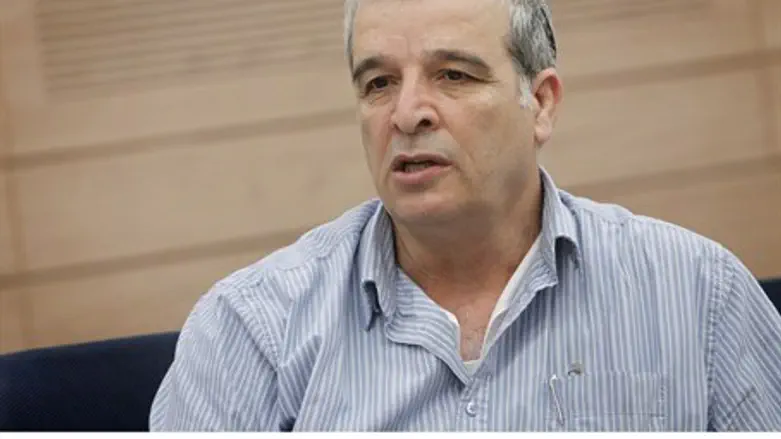
Yesha Council Chairman Avi Roeh accused Prime Minister Binyamin Netanyahu on Tuesday of conducting a "covert freeze" on building in Judea and Samaria, and called out "right-wing" Likud and Jewish Home MKs for their notable silence on the issue.
"It can certainly be said there's a freeze, a covert one, planned so that no one talks about it - but it will come to expression meaningfully in the coming months when the building push of recent years runs out and it won't be possible to advance even one more additional structure...this is thousands of housing units that are basically stuck," said Roeh.
Speaking to Galei Tzahal (IDF Radio), the Yesha Chairman added "we got to meet with the prime minister roughly three months ago, we raised this topic and of course he tried to justify it in that meeting due to reasons of coalition pressure, (Finance Minister Yair) Lapid, and this and that threat, but he said he would find an opportunity."
While the diplomatic "opportunity" which Netanyahu claimed he needed appeared in the tragic form of the murder of three Israeli teens on June 12, Netanyahu folded and reneged at the last minute on his promise to release bids on 2,500 housing units in Jerusalem, Judea and Samaria.
"The 'opportunity' came and he could have approved anything he wanted in that situation, but he chose not to do that...for internal coalition reasons on threats from Lapid...I believe today he has other explanations about international pressure and more in the frame of (Operation) Protective Edge," charged the Judea and Samaria leader.
Roeh, a member of the Likud party, says Jewish Home MKs like those of the party he supports are not doing enough to change the status quo.
"Apparently they have different considerations, that are political; I can understand them, but I think that we have reached a situation where those rules need to be broken," warned the Yesha head.
Roeh called "to stop this saga where every single home and project brings pressure, which stems from the fact we are allowing these pressures and not turning the project and building approval into a daily occurrence, as is done in every normal country in the world."